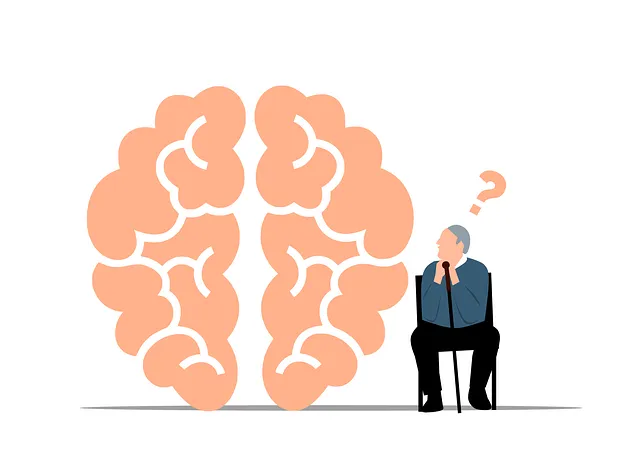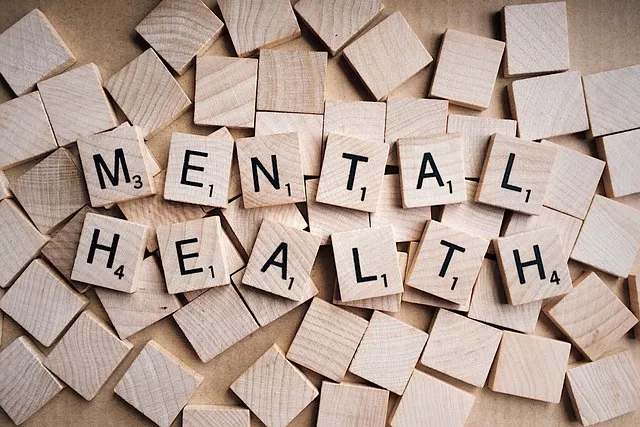An app aiming to improve mental wellness access must offer personalized mood management, symptom tracking, goal setting, and tailored coping strategies. Integrating secure messaging, video calls, and virtual therapy sessions, it bridges gaps in services, especially for remote or unsupported users. Aligning with resources like the Parker Kaiser Permanente mental health appointment phone number, this ensures accessible, convenient, high-quality emotional well-being support. By combining personalized tools with proactive engagement, such apps destigmatize mental illness treatment while providing timely digital assistance and self-care reminders.
Mental wellness apps are transforming access to care, offering individuals a convenient and personalized route to well-being. This article delves into the critical aspects of developing such applications, focusing on meeting diverse user needs. We explore successful integration strategies with healthcare giants like Parker Kaiser Permanente, highlighting how these partnerships enhance accessibility. Key considerations include designing intuitive, user-centric features while prioritizing privacy and security, especially when handling sensitive data like mental health appointment phone numbers.
- Understanding Mental Health App Needs
- Parker Kaiser Permanente Integration Strategies
- Designing User-Centric Mental Wellness Features
- Privacy Security Considerations for Mental Health Apps
Understanding Mental Health App Needs

Understanding the unique needs of individuals seeking mental wellness support is paramount when developing an app aimed at improving access to care. Apps designed for emotional healing processes must cater to a diverse range of users with varying degrees of mental health conditions, from mild stress and anxiety to more severe disorders. One way to achieve this is by incorporating features that facilitate personalized mood management plans, allowing users to track their symptoms, set achievable goals, and access coping strategies tailored to their specific needs.
By integrating functions like secure messaging or video calls, these apps can also bridge the gap in accessing mental health services, especially for those who may not have easy access to local support networks or prefer remote consultations. For instance, individuals seeking guidance from professionals like those available through the Parker Kaiser Permanente mental health appointment phone number can benefit from an app that offers virtual therapy sessions and risk assessment tools, ensuring that emotional well-being support is accessible and convenient without compromising confidentiality or quality of care.
Parker Kaiser Permanente Integration Strategies

Integrating mental wellness apps with established healthcare systems like Parker Kaiser Permanente can significantly enhance accessibility to mental health services. One effective strategy is to streamline scheduling and appointment management, allowing users to book mental health appointments through the app, including phone consultations with therapists or counselors. This approach not only simplifies the process for patients but also ensures prompt access to support, particularly in urgent cases.
Moreover, integrating self-care features tailored to individual needs can be a game-changer. By incorporating tools for anxiety relief and promoting healthy self-care practices, users can actively manage their mental wellness between appointments. Such integration aims to reduce the stigma associated with seeking help for mental illness by normalizing digital support and encouraging proactive engagement in one’s well-being.
Designing User-Centric Mental Wellness Features

In designing mental wellness features for an app, it’s paramount to keep the user at the heart of the development process. This involves understanding their unique needs and preferences when it comes to managing stress and cultivating resilience. An ideal app should offer personalized experiences, allowing users to track their progress, set achievable goals, and access tailored resources like mindfulness exercises or virtual therapy sessions. Incorporating features that facilitate self-reflection and providing a safe space for expression can significantly enhance user engagement.
Moreover, app developers can integrate tools for burnout prevention, such as automated reminders for self-care activities and stress management workshops organized within the platform. By enabling users to connect with like-minded individuals or mental health professionals through virtual communities or one-on-one consultations (similar to the Parker Kaiser Permanente mental health appointment phone number), the app becomes a comprehensive resource for holistic mental wellness, fostering a supportive environment that encourages resilience building and long-term well-being.
Privacy Security Considerations for Mental Health Apps

In the digital age, mental wellness apps have gained immense popularity, offering individuals convenient access to support and resources for their mental health. However, as users share intimate details about their emotional well-being, privacy and security become paramount. Developers must ensure that sensitive data, such as personal information, treatment records, and communication with therapists, is protected. This involves implementing robust encryption protocols, secure storage solutions, and access controls to safeguard user privacy.
For instance, leading healthcare organizations like Parker Kaiser Permanente have recognized the importance of digital mental health services, offering virtual appointments via phone numbers dedicated to these services. As users rely on these apps for support, developers must adhere to strict security standards. This includes obtaining informed consent, providing clear privacy policies, and enabling users to control their data sharing settings. By prioritizing privacy and security, mental wellness app developers can build trust with users, ensuring a safe space for them to seek help and improve their overall Mental Wellness, which can also be explored through engaging Mental Wellness Podcast Series Production or innovative Mental Wellness Coaching Programs Development.
The development of mental wellness apps, incorporating strategies like those seen in the successful integration with Parker Kaiser Permanente, offers a promising avenue for enhancing access and accessibility to mental healthcare. By prioritizing user-centric features that cater to diverse needs, while ensuring robust privacy and security measures, these applications have the potential to revolutionize how individuals engage with their mental health support systems. Remember that, in this digital age, leveraging technology like these apps can significantly impact positive mental health outcomes, making them a valuable resource for those seeking assistance.






